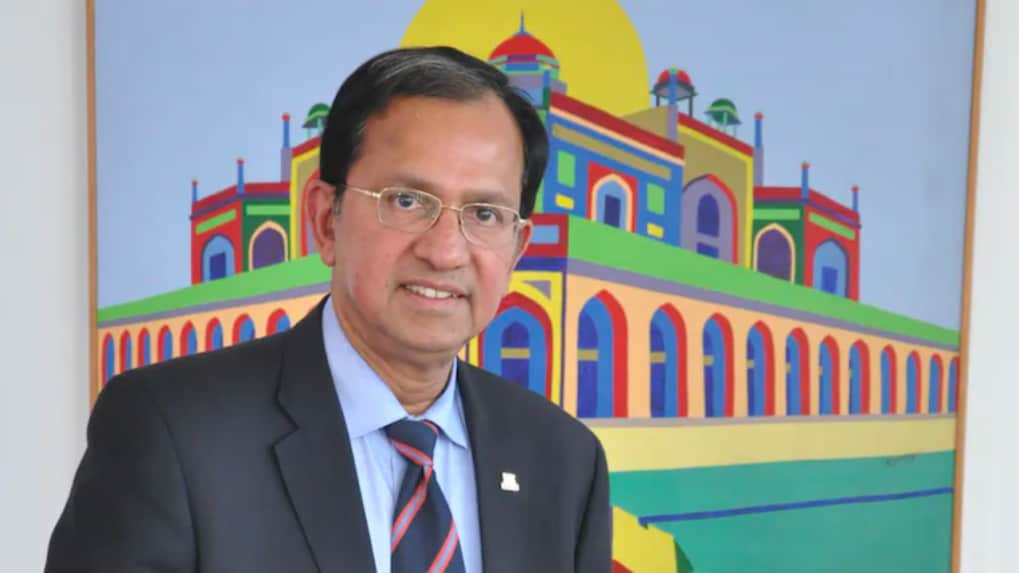Gaming
From Valsad to SC: Justice Pardiwala holds fate of $3 billion gaming industry, 2 lakh jobs

Nestle India has been testing a zero-sugar variant for infant food, the company’s chairman and managing director, Suresh Narayanan told CNBC-TV18.
Narayanan added that Nestle India is compliant with the law and has sent samples for testing to the FSSAI.
Over the last two years, Nestle India has reduced sugar content by over 30 percent in its products, said Narayanan.
He spoke about the nutritional value of Cerelac and assured that the product meets all the required nutrition parameters.
Tests on Cerelac products available in India showed an average of over 2.7g of added sugar per serving.
Public Eye said that Cerelac wheat-based cereals, made for six month old infants that are sold by Nestle in Germany, France and the UK, do not contain any additional sugar. On the other hand, the same product sold in Ethiopia contains more than 5g per serving and in Thailand, contains 6 grams per serving.
In India, Cerelac is the highest selling cereal-based product meant for infants. In 2022, Cerelac sales of Nestle India surpassed $250 million. Cerelac has a worldwide sales of $1 billion.
Similarly, tests on Nido brand products, with global retail sales exceeding $1 billion, exhibited considerable variation in sugar levels across countries.
The Central Consumer Protection Authority (CCPA) has asked food regulator FSSAI to investigate the allegations against Nestle of adding higher quantities of sugar to baby products in India as compared to other countries, as per news reports.
It was reported that the FSSAI was examining the report published by Swiss investigative organisation Public Eye and would present the report to a scientific panel.
Big-ticket buying decisions now demand more than just logic and product specs – they require trust, emotional connection, and brand stories that resonate.
Read MoreThe Online Gaming Bill 2025 imposes severe penalties, allows warrantless search and seizure, and empowers a central authority to regulate the digital gaming ecosystem. It is expected to disrupt platforms, payment systems, and advertising in the sector. Here's all you need to know about the bill.